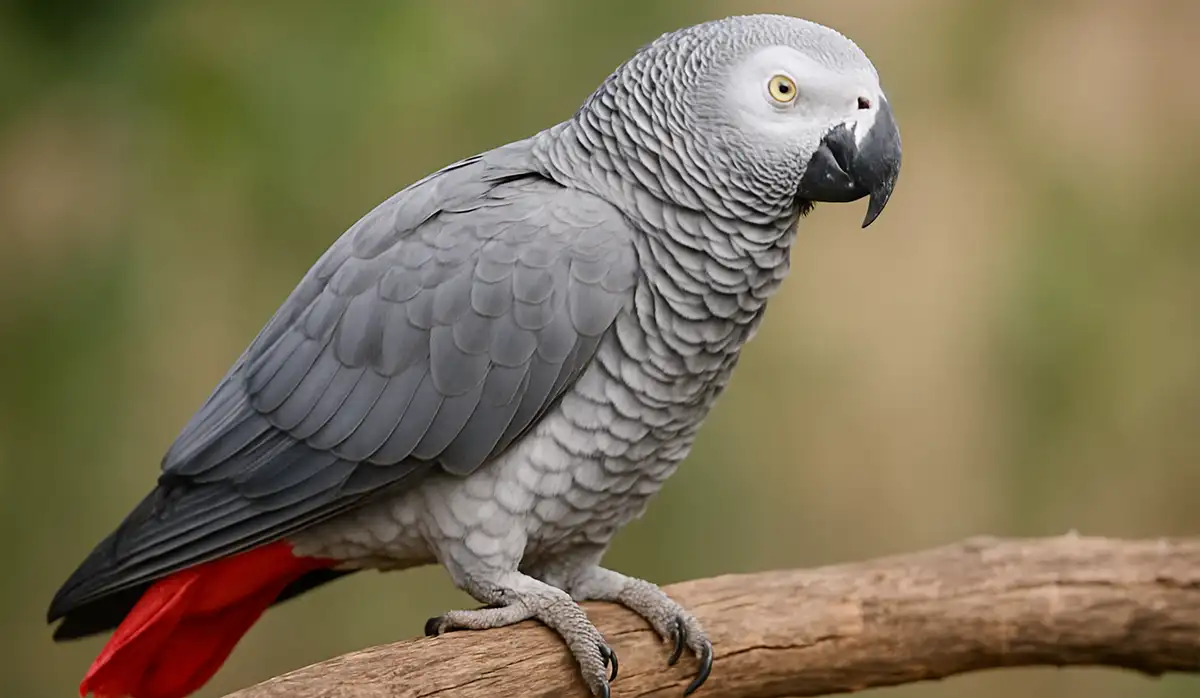The Ultimate Guide to the Black German Shepherd
By Pet Luvz on April 10, 2025

Table of Contents
What Makes the Black German Shepherd So Special?
If you’ve ever locked eyes with a majestic Black German Shepherd, you know they leave an impression. With their sleek black coats, intelligent eyes, and loyal hearts, these dogs are more than just pets — they’re companions, protectors, and best friends. Let’s dive into what makes them so unique, from their origin story to the nitty-gritty of daily life with one.
For more pet care tips, visit PetLuvz.
History and Origin
The Roots of the German Shepherd Breed
The German Shepherd breed was developed in the late 1800s in Germany. Originally used for herding sheep, they were selectively bred for intelligence, strength, and obedience. You can learn more about the breed’s history at American Kennel Club – German Shepherd History.
How the Black Variant Came to Be
Contrary to popular belief, the Black German Shepherd isn’t a different breed. It’s a purebred German Shepherd with a recessive gene for solid black coloring. It’s not mixed or crossbred—it’s the same lineage, just in a dark and stunning coat.
Physical Appearance
Coat Color and Texture
The defining feature? That shiny, all-black coat. It can be medium or long, often thick and double-layered, making them look like living shadows in motion.
Eye and Ear Characteristics
Their almond-shaped eyes are expressive and intelligent, often dark brown.
Temperament and Personality
Loyalty and Devotion
Once bonded, they become fiercely loyal and protective.
Intelligence and Trainability
Ranked as one of the smartest dog breeds, training a Black German Shepherd is often a breeze—if you’re consistent.
Energy Levels and Playfulness
They’re full of energy and love to play. Whether it’s fetch, agility training, or a jog through the park, they’re always up for an adventure.
Health and Lifespan
Common Health Issues
Like other GSDs, they can suffer from:
- Hip and elbow dysplasia
- Degenerative myelopathy
- Bloat (gastric torsion)
Visit PetMD for more in-depth info on German Shepherd health.
Lifespan Expectations
Most Black German Shepherds live 10–13 years with proper care.
Tips for a Healthy Life
Feed a balanced diet, ensure regular vet visits, and maintain a good exercise routine. Mental stimulation is just as important as physical activity.
Grooming and Maintenance
Shedding Patterns
Get ready for fur — lots of it. They shed year-round, with heavier shedding in spring and fall.
Grooming Needs
Brush at least 2–3 times a week (daily during shedding season) to keep that coat looking glossy and to reduce loose hair.
Bathing and Skin Care
Bathe only when needed. Too much washing can strip natural oils and dry out their skin.
Training a Black German Shepherd
Best Training Practices
Positive reinforcement is the way to go. Treats, praise, and consistency work wonders. For structured training help, check out The Spruce Pets Training Tips.
Socialization Techniques
Expose them to people, pets, and different environments early on to prevent anxiety and aggression.
Dealing with Behavioral Issues
These dogs don’t respond well to harsh punishment. If problems arise, consult a trainer who understands working breeds.
Diet and Nutrition
What to Feed
High-quality kibble, rich in protein and healthy fats, works best. Some owners prefer raw diets — just consult your vet first. AAFCO sets the nutritional standards for pet food—look for their approval on labels.
How Often to Feed
Two meals a day is standard. Puppies might need three smaller meals until about six months old.
Foods to Avoid
No chocolate, grapes, onions, garlic, or fatty human foods. Avoid bones that can splinter easily. Check the full toxic food list at ASPCA’s Poison Control.
Exercise Requirements
Mental Stimulation Ideas
Puzzle toys, obedience training, scent games, and interactive play are great ways to challenge their minds. KONG Toys are a great place to start.
Fun Activities for Your Dog
Try agility courses, frisbee, hiking, or swimming. They love variety and new experiences.
Living Conditions
Apartment vs. House Living
They can adapt to apartments, but only with daily exercise and mental challenges. Ideally, they need a yard to roam.
Climate Preferences
Their double coat makes them comfortable in cold weather, but keep them cool and hydrated during summer.
Space Requirements
They need room to stretch out, especially if left alone during the day. A cramped space = a bored dog.
Black German Shepherds as Working Dogs
Police and Military Use
They’re often used in K-9 units due to their loyalty, intelligence, and bravery. Learn more at National Police Dog Foundation.
Service and Therapy Roles
Their calm, focused demeanor makes them excellent service animals for people with PTSD, mobility issues, or anxiety.
Guarding and Protection
Naturally protective, they’re outstanding guard dogs—but only if trained properly.
How to Get a Black German Shepherd
Finding a Reputable Breeder
Look for breeders who test for genetic conditions, allow visits, and show transparency.
Adoption Options
Check rescues and shelters! Some even specialize in German Shepherds or working breeds. Try Petfinder or Adopt-a-Pet.
What to Ask Before Buying
- Are the parents on-site?
- Have the puppies been socialized?
- Are there health certificates?
Cost of Ownership
Initial Purchase Price
Expect to pay between $1,000–$3,000 depending on lineage and breeder.
Monthly and Annual Expenses
Food, vet bills, grooming, training—it adds up. Budget $100–$200/month.
Hidden Costs to Consider
Emergency vet care, boarding, training classes, and replacing chewed-up furniture!
Myths and Misconceptions
Are They More Aggressive?
Nope. Temperament depends on training and environment, not coat color.
Do They Differ from Standard GSDs?
Only in color. Everything else — temperament, intelligence, build — is the same.
Are They Rare?
Not extremely rare, but less common than the standard tan-and-black GSDs.
Conclusion
They’re not just beautiful; they’re brilliant, brave, and built to be your best friend. Whether you’re looking for a family dog, a protector, or a working partner, this dog brings it all—and then some.
FAQs
Are Black German Shepherds purebred?
Yes, absolutely! They’re purebred German Shepherds with a recessive gene for the solid black coat.
How much do they cost?
Anywhere from $1,000 to $3,000 depending on breeder reputation, bloodline, and location.
Do they make good family pets?
They’re excellent family dogs — loyal, protective, and great with kids when socialized properly.
Are they more aggressive than regular GSDs?
No, their behavior depends on training, not color.
How often do they need to be groomed?
Bathing is only needed every couple of months unless they get really dirty.
YOU MAY ALSO LIKE
Top Pick
-

7 Proven Benefits of Fresh Pet Dog Food for Daily Health
January 11, 2026
-

African Grey Parrot: A Smart, Loving, and Talkative Companion
July 22, 2025
-

5 Best Canister Filters for Crystal Clear Water in Your Pet Fish Tank
July 8, 2025
-

Is Pumpkin Good for Cats? Everything You Need to Know
July 5, 2025
-

Swim Bladder Treatment: Solutions for Aquarium Fish Health
July 3, 2025











